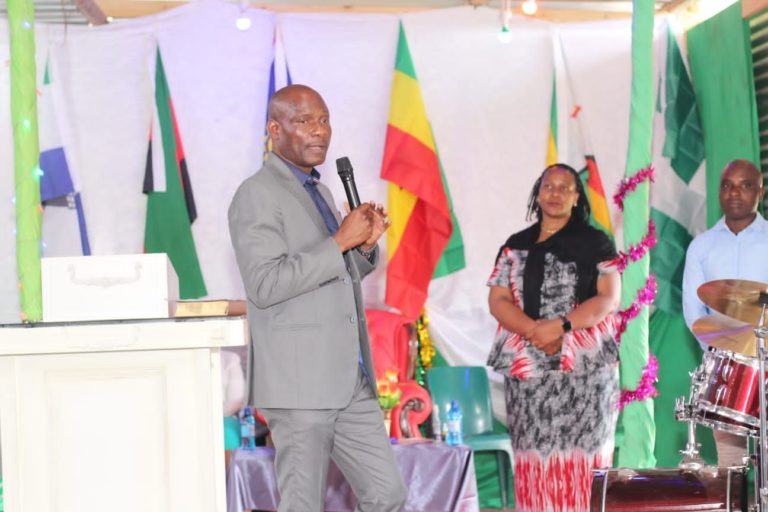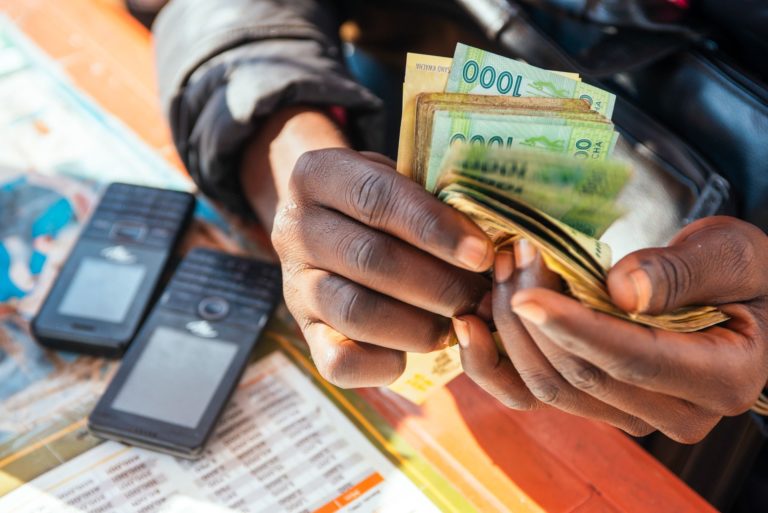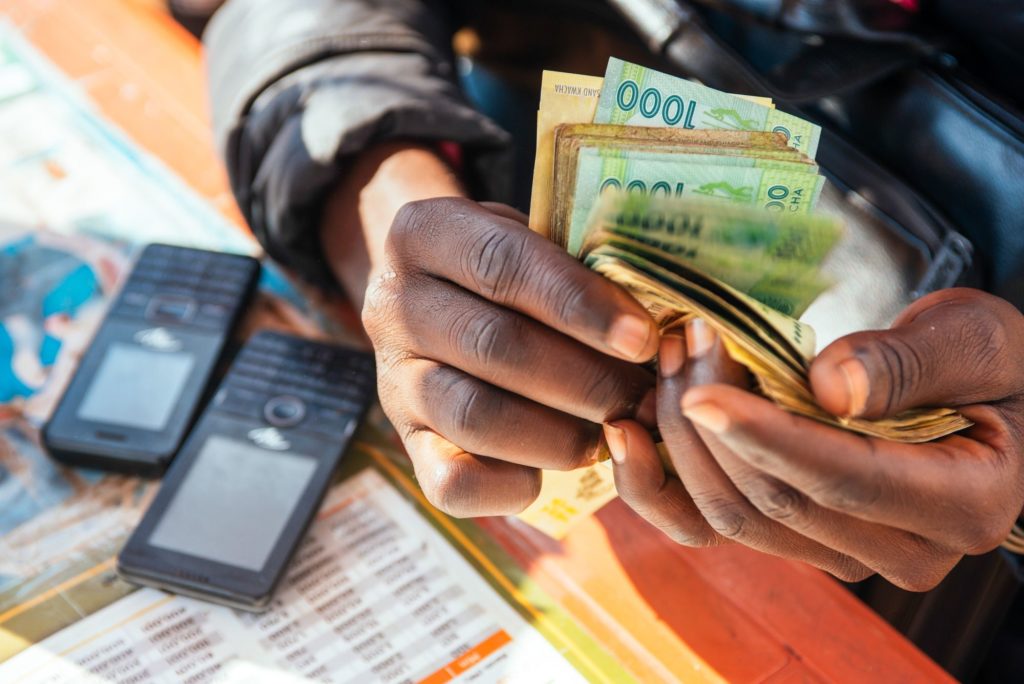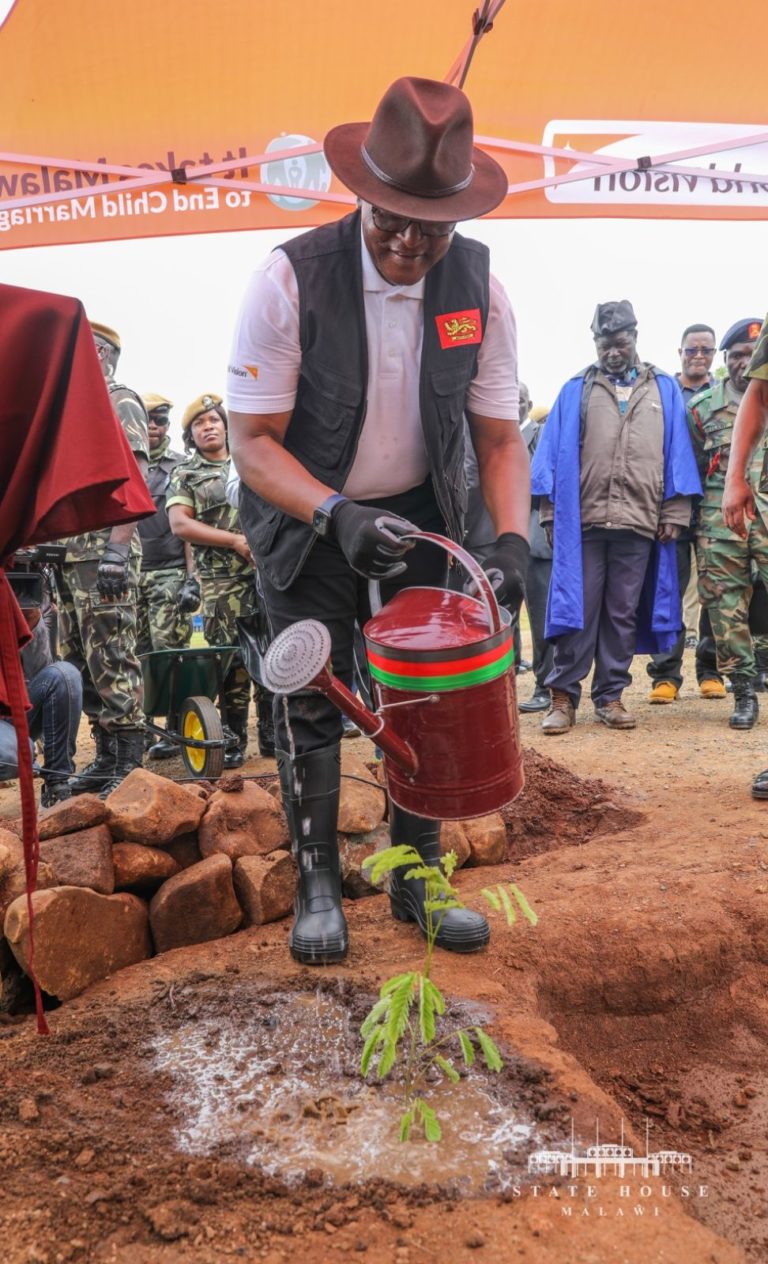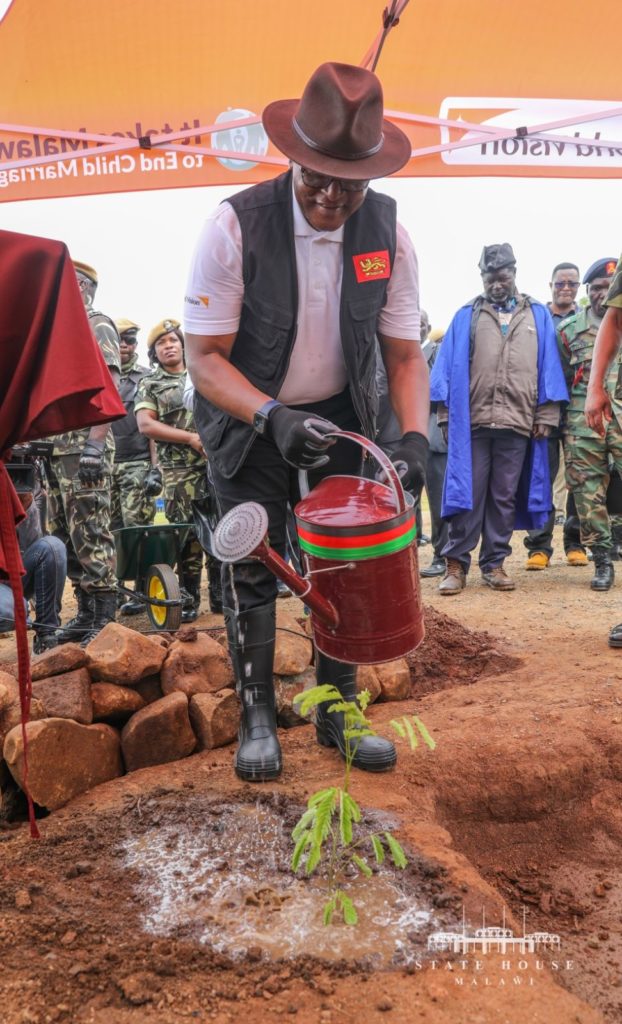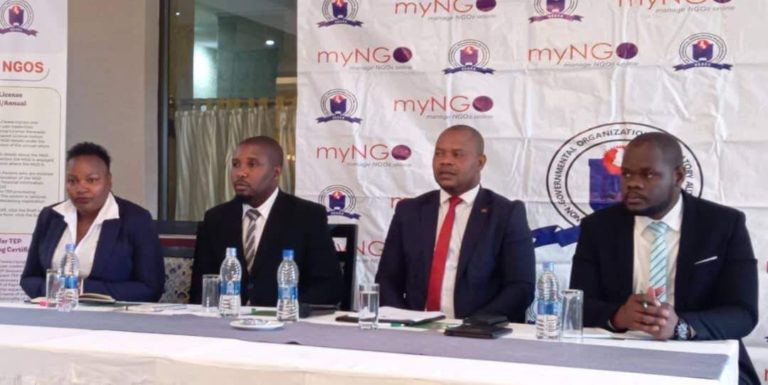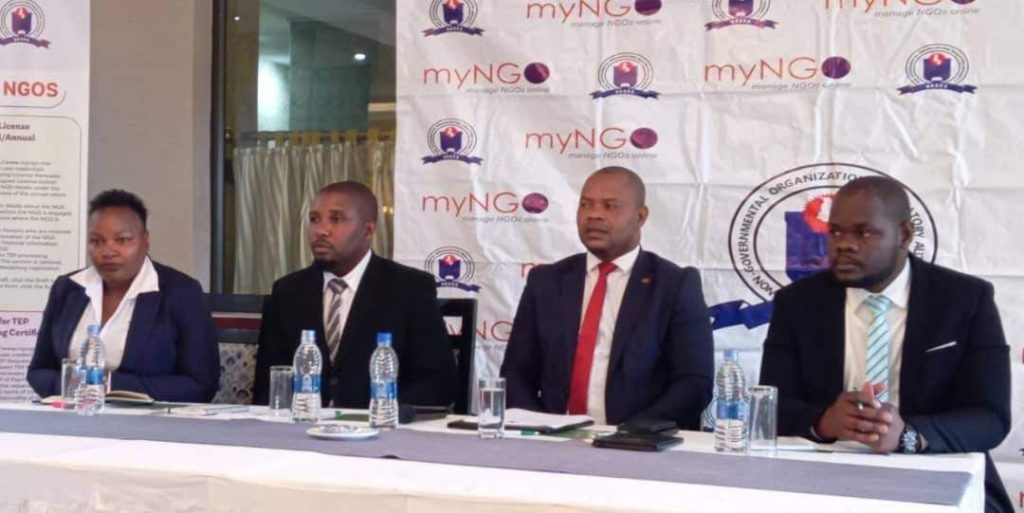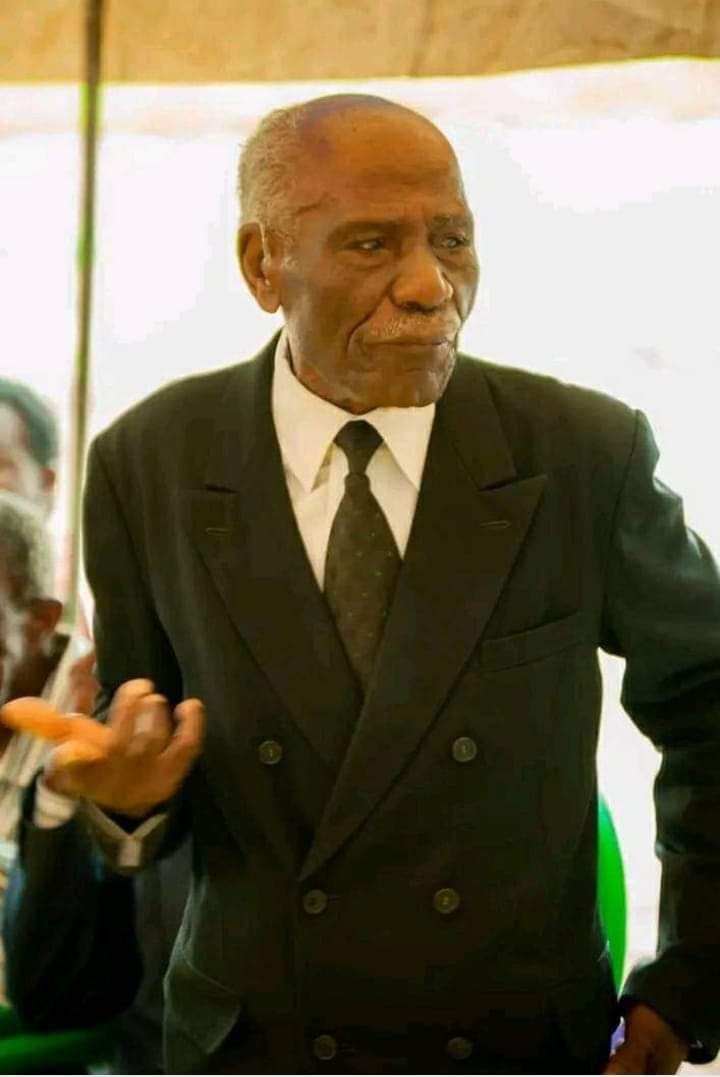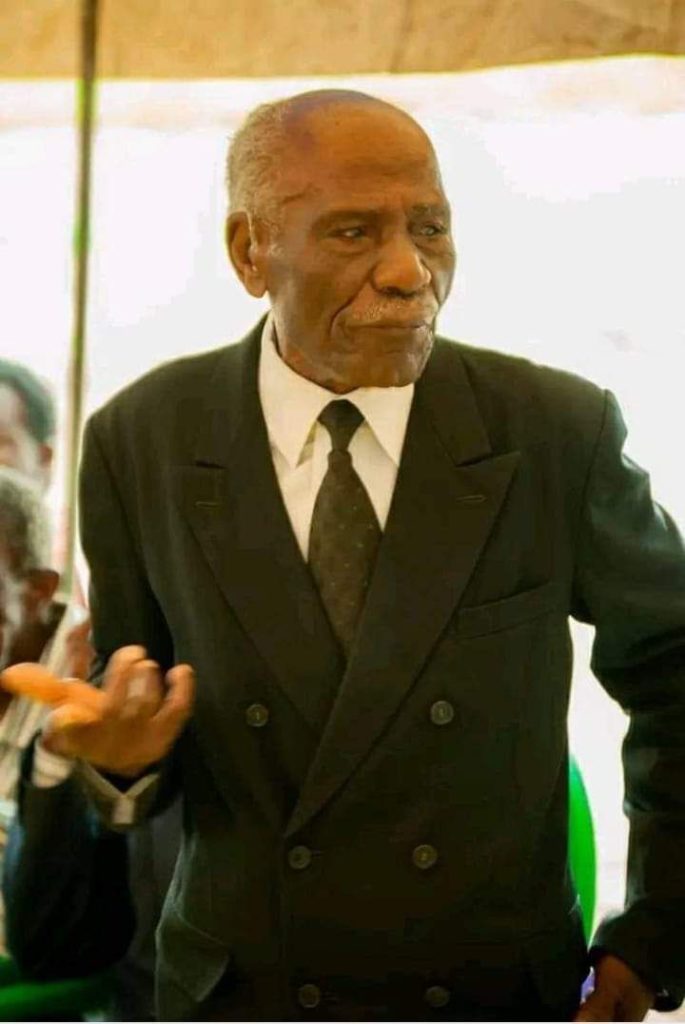By Vincent Gunde
Muvi wa Chilungamo Revolutionary Party (MRP) is seeking clarification from Mec Chairperson Judge Dr. Chifundo Kachale on demarcation of constituencies map, mode of voting and reasons for extension of fresh elections to 16th September, 2025.
MRP says contrary to some political parties and figureheads who have expressed ignorance on the relocation of Mec head office from Blantyre to Lilongwe, the newly registered party in Malawi agrees to endorses the relocation of Mec offices.
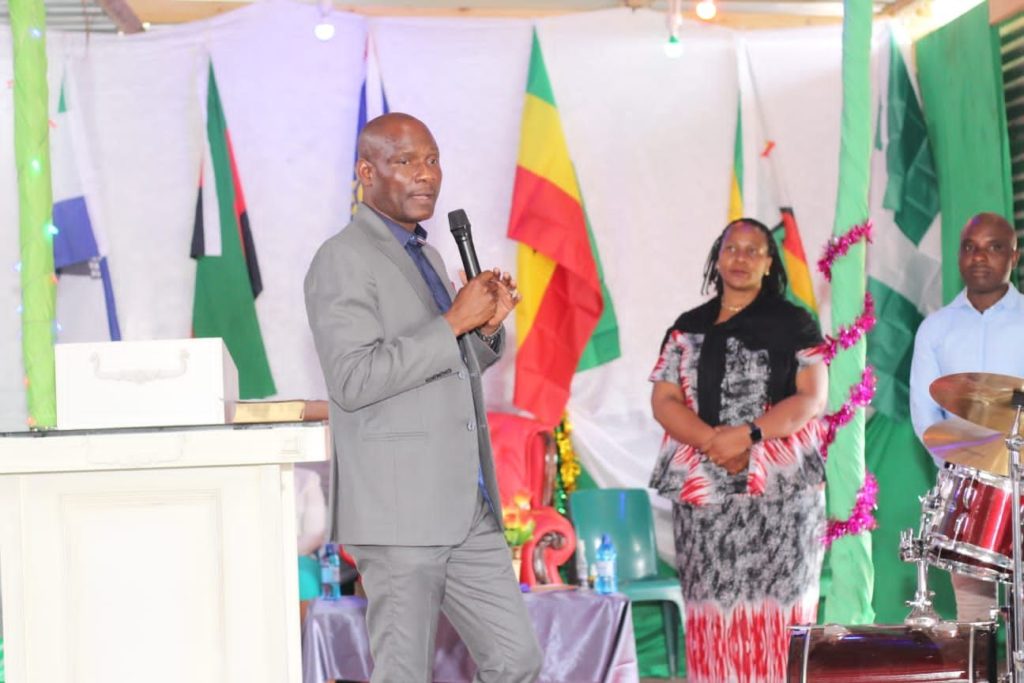
The Party says in many countries around the globe, Elections Commissions are situated where Government sits and in Malawi, it is the administrative Capital City of Lilongwe and not the commercial City of Blantyre.
In a statement addressed to Judge Kachale dated 12th January, 2024 President and Commander in Chief of MRP Bantu Saunders Jumah, has asked for records of the voters roll of the May, 2019 elections and that of repeated elections which was held on the 23rd June, 2020.
In the statement, Jumah is seeking clarity from Judge Kachale on the reasons for the elections to be conducted on 16th September, 2025 and not the constitutional 5-year mandate that ends on the 21st May, 2024.
Jumah has expressed hope that Judge Kachale is conversant with the Supreme law of the country as well as the constitutional court proceedings, will provide concrete answers to the party and many Malawians in the country.
He says if it is the law of the constitution, Judge Kachale must enlighten Malawians which sections, subsections, and clause of the country’s Supreme document and or the page number so that the party and many Malawians can re-read the constitution to walk together with Mec to the elections period.
The MRP President says if it is the decision of the present government that amended the Supreme law, personal views, Mec opinion on the matter questioning Kachale that is it in line with the constitutional calendar of Mec laws as well as the Republican Constitution that allows illegal extension?


